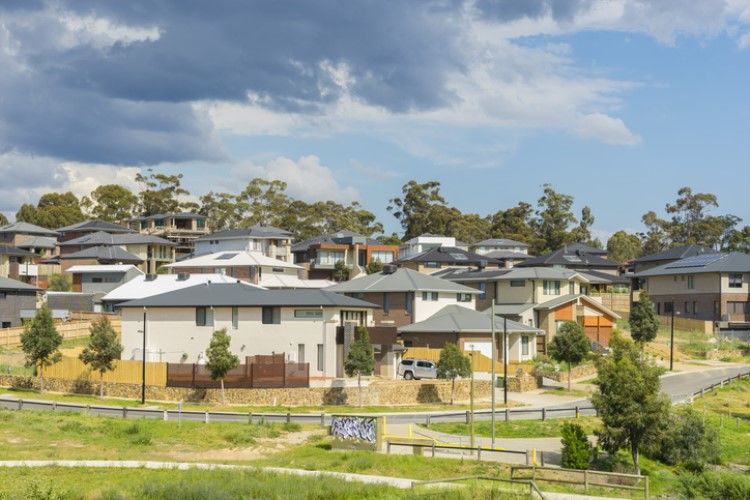
As part of the state's efforts to spur low house prices, Victoria is set to create 12 new suburbs across greater Melbourne's west, north, northwest, and southeast — a move that is expected to boost land supply and home building.
According to The Australian Financial Review, state treasurer Tim Pallas will announce the rezoning of the land over the next few years.
"The Andrews Labor government is planning for 12 new communities to sustain Melbourne's 15-year land supply, which is critical for keeping house and land packages affordable," Pallas said.
The new suburbs will include Beveridge North West, Wallan South and Wallan East, Merrifield North/Kalkallo Basin, Shenstone Park, Lindum Vale, Craigieburn West, Pakenham East, Officer South Employment precinct, Croskell, Kororoit Part 2 and Aviators Field. The new suburbs will produce roughly 50,000 new homes.
However, it will be a challenge for the government to ensure that the newly rezoned housing areas have access to basic services such as public transport.
A study by Infrastructure Australia in October revealed that around 1.4m people residing in Melbourne's outer suburbs do not have immediate access to public transport services.
"Close to half the population of our five largest cities — Sydney, Melbourne, Brisbane, Perth and Adelaide – live in the outer suburbs. However, our research shows that people living in these areas experience lower levels of service and accessibility to public transport, poor service frequencies and longer travel times compared to inner-city residents," Infrastructure Australia executive director Peter Colacino told AFR.
SGS Economics & Planning principal Terry Rawnsley said infrastructure problems after rezoning have been a persistent issue. In fact, the federal government's State of Australian Cities report, released in 2015, said skyrocketing house prices have pushed some home buyers out of inner cities to peripheral regions without public transport.
"There are a lot of people, developers and landowners included, that have worked out that just rolling out more housing supply as we have in the past 10 years is problematic. Landowners in these areas are looking at new and better models to bring jobs and not just housing estates," he told AFR.
Collections: Mortgage News



Share